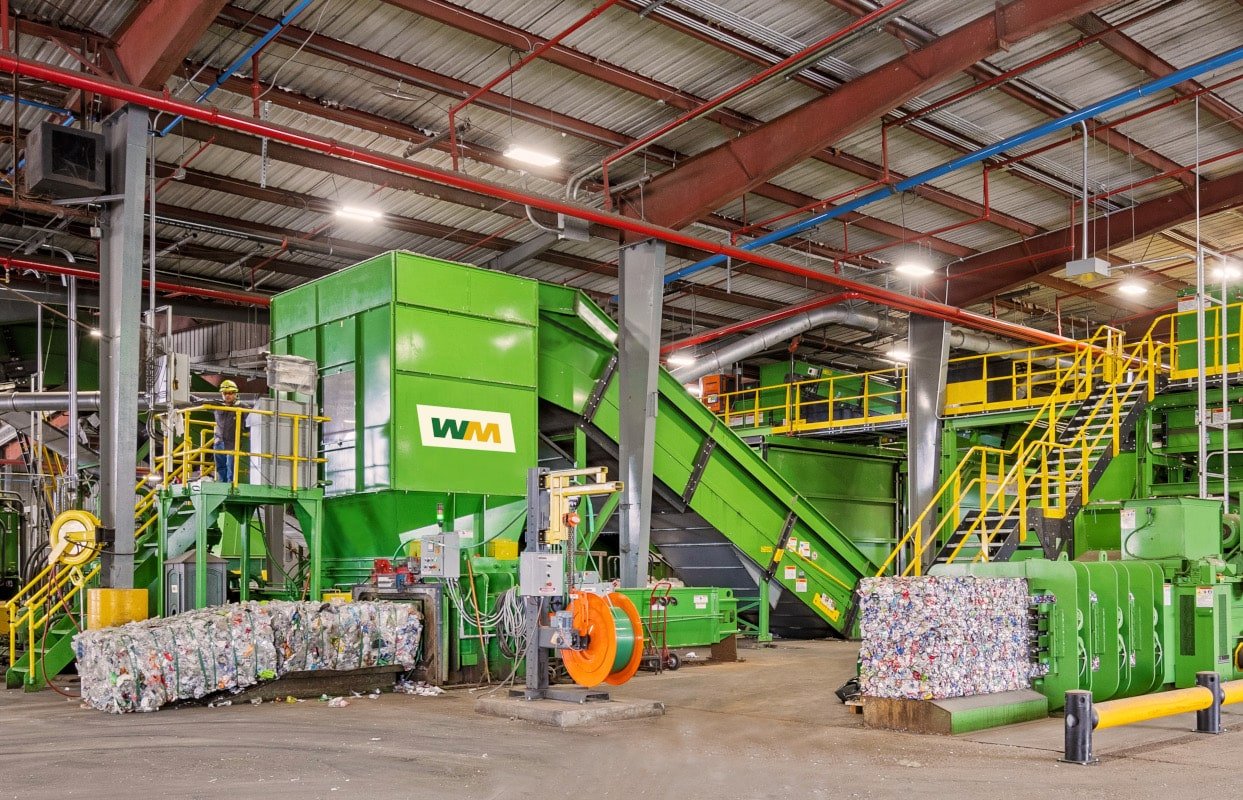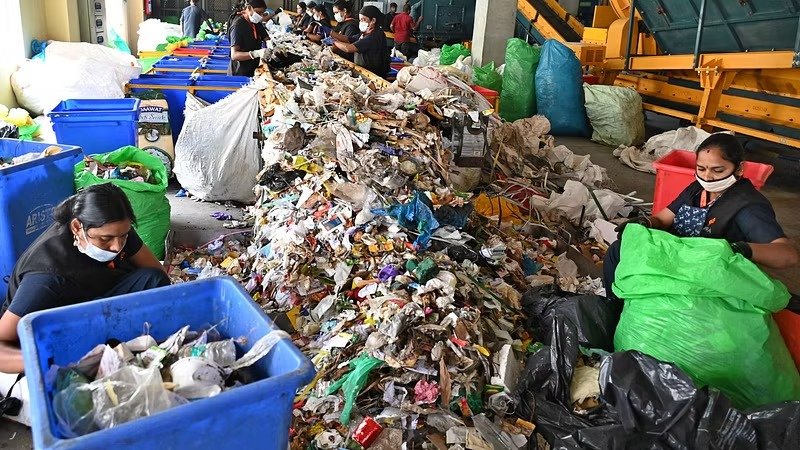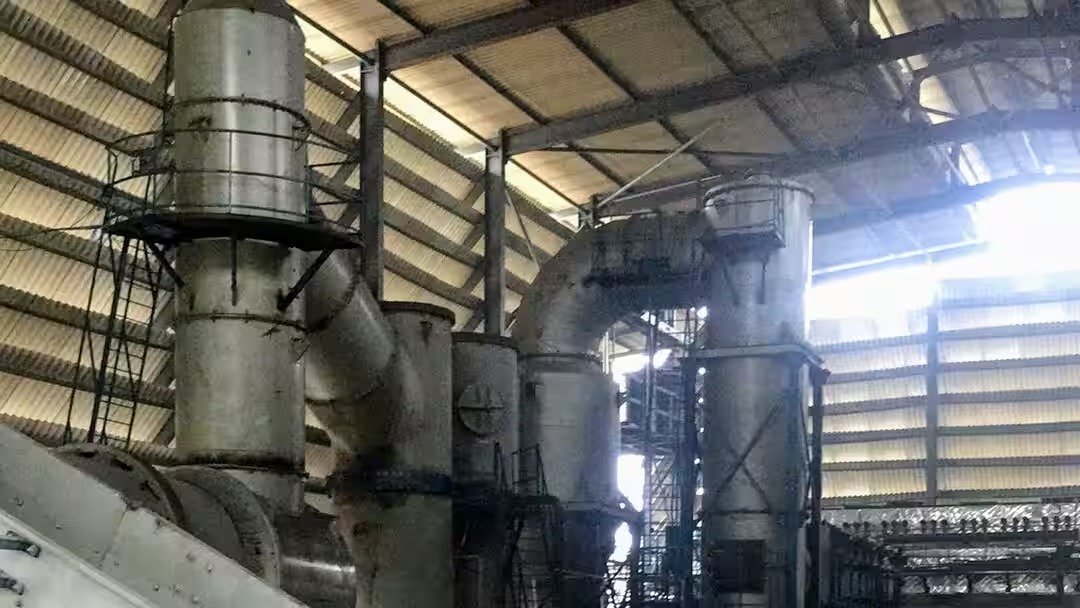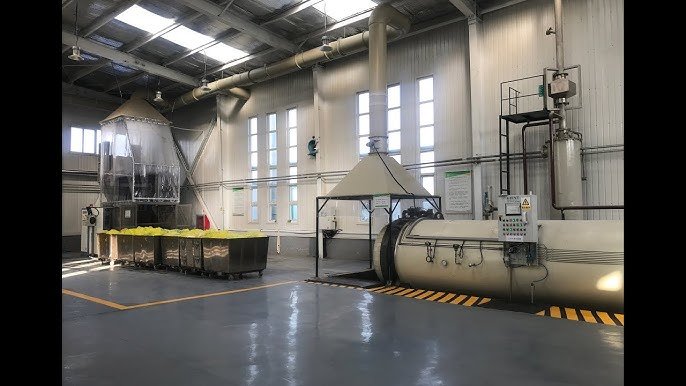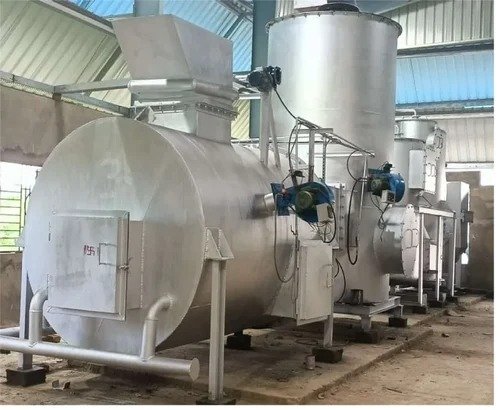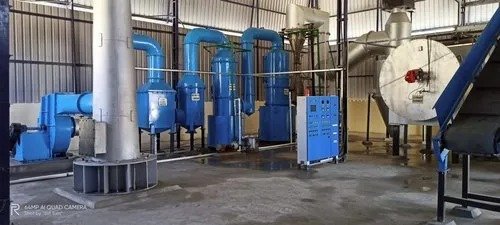Our Expertise
At Enviro Solutions, we bring unparalleled expertise in biomedical waste management, offering a range of advanced, sustainable solutions tailored to the healthcare, laboratory, and agricultural sectors. With a focus on efficiency and environmental responsibility, we specialize in:
In biomedical waste management, plasma is harnessed through a process known as Plasma Pyrolysis, which uses extremely high temperatures to break down harmful organic materials in waste. The plasma technology can treat a wide range of biomedical waste, including syringes, medical instruments, contaminated clothing, and chemical waste. By exposing waste to plasma, harmful substances are broken down into simpler compounds like gases and metals, which are then either safely disposed of or further processed.
At Enviro Solutions, we leverage the power of plasma pyrolysis to provide an environmentally responsible and highly effective method of treating biomedical waste. The plasma pyrolysis process offers a cleaner alternative to traditional methods like incineration, as it minimizes the release of harmful pollutants and ensures that the waste is neutralized without producing dangerous by-products.
Our comprehensive approach addresses the challenges of waste management, including energy consumption, operational costs, and regulatory compliance. By integrating cutting-edge technologies and tailored solutions, we ensure safe, efficient, and environmentally-conscious waste management practices.
With a commitment to innovation and sustainability, Enviro Solutions stands as a trusted partner in creating safer environments and a cleaner future.


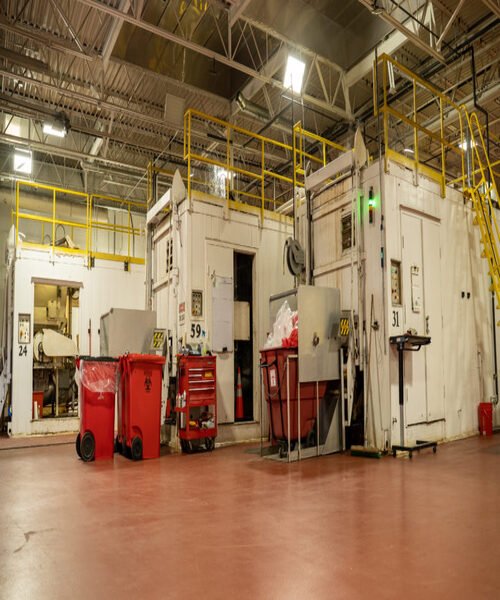
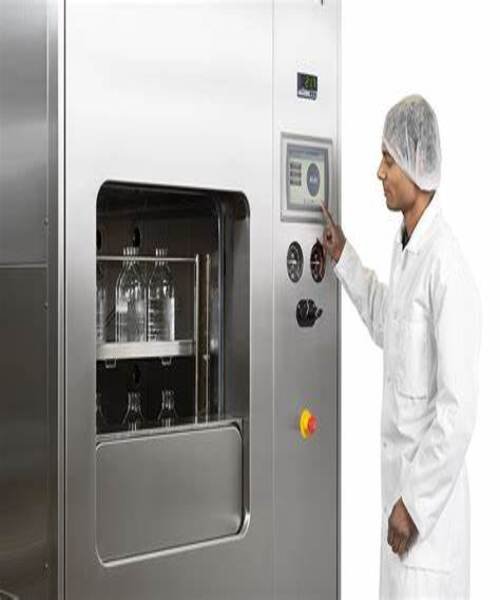
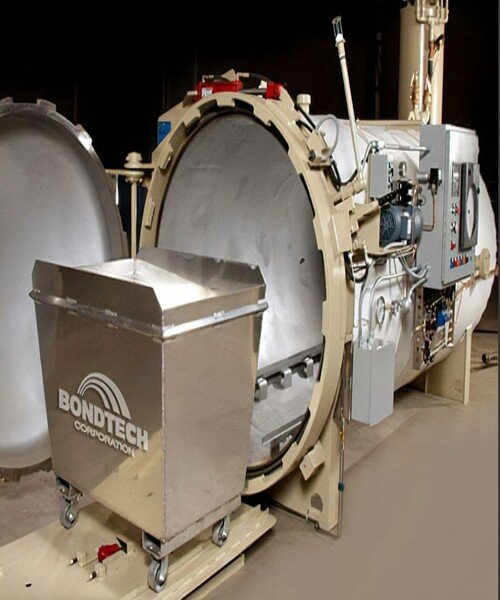
.jpg)
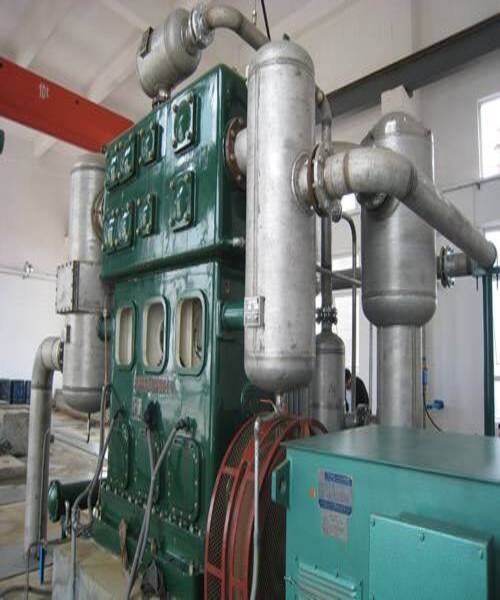
.jpg)
.jpg)
